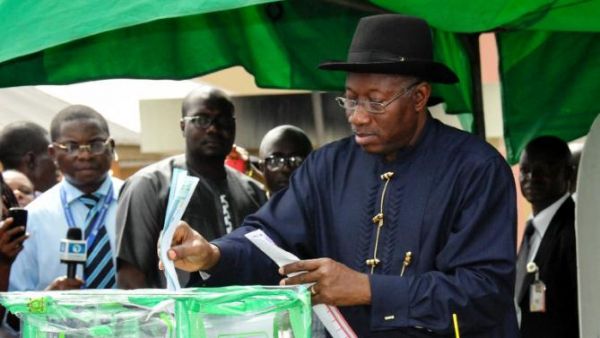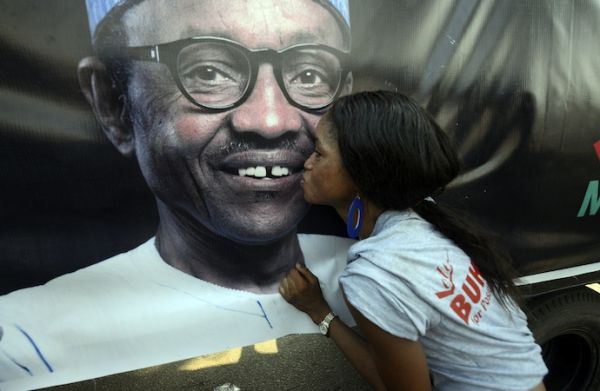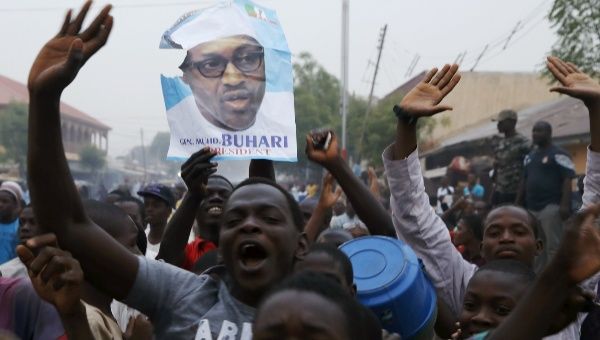Buhari wins Nigerian presidential election
Jonathan concedes defeat after serving four years
Former military head of state Muhammadu Buhari has won Nigeria's presidential election, which took place on 28 March, beating incumbent Goodluck Jonathan by more than 2.5 million votes.
The official result was declared by the country's Independent National Electoral Commission (INEC) on the morning of 1 April. The final tally showed that Buhari's All Progressives Congress (APC) alliance won 15,424,921 votes while Jonathan's People's Democratic Party (PDP) won 12,853,162 votes.
As well as the popular vote Buhari also won 25 per cent of the vote in two-thirds of Nigeria's 36 states, as required by the country's constitution.
The outgoing president Jonathan, who took the capital Abuja and states in his home territory in the south, said he would relinquish power peacefully, keeping his election promise. The result means that the PDP, which has dominated Nigerian politics since the return to democracy, is now out of power for the first time since the end of military rule in 1999.
Buhari won Nigeria's two largest cities Lagos and Kano, as well as western and some central areas, and predictably had a strong victory in his home base across the northern regions, which are currently battling Boko Haram insurgents. Defeating the militants was a central plank of Buhari's election campaign, along with ending widespread corruption throughout the country.
The 72-year-old Buhari, who ruled the country from 1983 to 1985, is a Muslim from the largely agricultural northern part of the country, while the 57-year-old Jonathan is Christian from the southern oil-producing regions.
In general observers have praised the election which saw relatively little violence. However Boko Haram did its best to disrupt proceedings in the north, killing more than 40 people on polling day and intimidating others not to vote.
On 11 April Nigerians go to the polls again to elect new governors and state assemblies in 29 of the 36 regions.


















